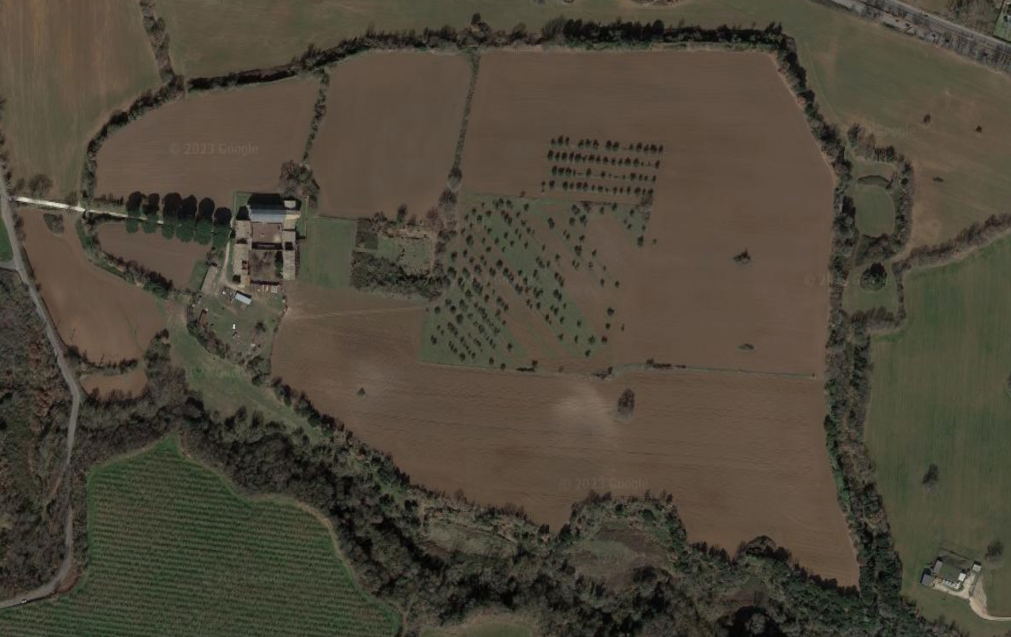The Falerii Novi Project (FNP) is a multi-institutional excavation project at the site of Falerii Novi, an ancient city 50 km north of Rome in central Italy. The FNP began in 2021 with teams from the University of Toronto alongside Harvard University and the British School at Rome. The 32 hectare site represents one of the finest available opportunities for the archaeological study of the long-run development of urbanism in ancient Italy. The history of Falerii Novi extends back more than 2,000 years, to its reported founding in 241 BCE following the defeat and subsequent abandonment of the nearby Faliscan capital of Falerii Veteres (modern Civita Castellana). The city is traditionally thought to have initially been settled by a mixed group of Roman colonists and local Faliscan migrants. After flourishing late Imperial and Late Antique phases, the site was nearly completely abandoned at some point in the Medieval period. It is now mostly a greenfield site within well-preserved ancient walls, while several decades of non-invasive research provide invaluable information that the FNP can use to inform its excavation areas. By using methods of stratigraphic excavation and multidisciplinary scientific study, the FNP aims to go beyond the site’s monumental areas and look at the city through a commercial-residential lens to learn more about the everyday life of its residents. The team is planning six years of excavations, through which they will engage with recent trends in the study of Roman urbanism and integrate research methods previously used to a limited extent in urban contexts.
